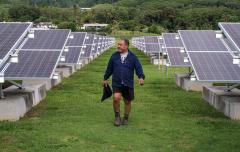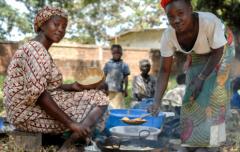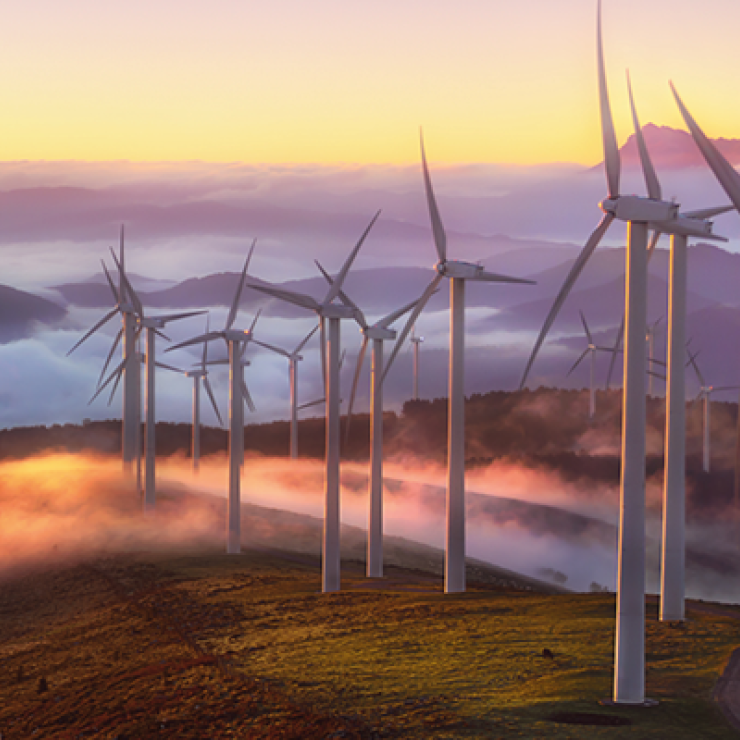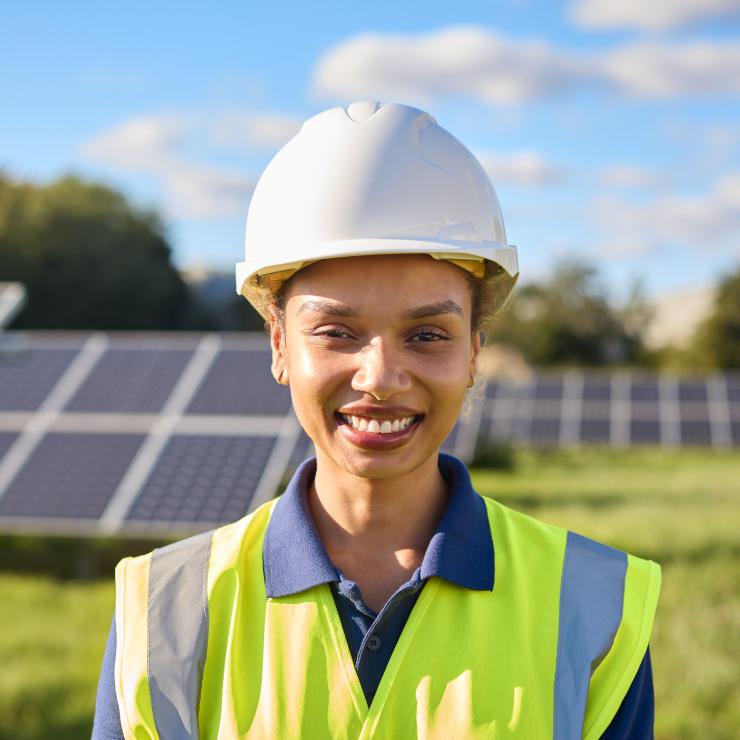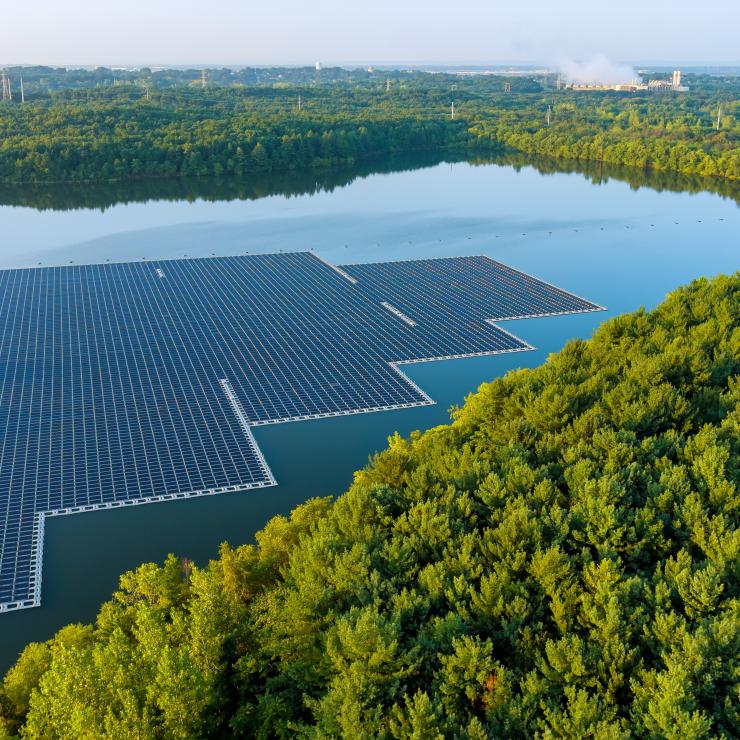Energy Compacts
In 2025, SEforALL continues to work with UN-Energy, focused on accelerating the implementation of SDG7 and advancing climate action by turning high-level ambition into concrete results—mobilizing finance, strengthening partnerships, and driving inclusive progress toward a net-zero future.
Energy Compacts are voluntary, trackable commitments that unite governments, businesses, and organizations in a shared mission: to achieve Sustainable Development Goal 7 (SDG7) and advance the global clean energy transition. Launched by UN-Energy in 2021, these Compacts serve as actionable blueprints, detailing specific, time-bound steps to accelerate progress toward universal energy access and net-zero emissions.
Launched in 2022, the Energy Compact Action Network (ECAN) serves as a global platform to match offers of support with requests for support, facilitating the implementation of Energy Compact commitments. It provides technical assistance, fosters partnerships, and monitors progress to ensure accountability and continuous improvement.
Why Energy Compacts Matter:
Bridging Ambition and Implementation: Energy Compacts translate high-level climate and energy goals into concrete actions, aligning national priorities with global objectives.
Catalyzing Investment: By providing clear, transparent targets, Energy Compacts attract significant public and private sector financing, essential for scaling clean energy solutions.
Fostering Inclusive Development: Energy Compacts prioritize equity, ensuring that the benefits of the energy transition reach all communities, including the most vulnerable.
1.4
USD 1.4 TRILLION COMMITTED TOWARD CLEAN ENERGY INITIATIVES.
177 m
PEOPLE GAINED IMPROVED ACCESS TO ELECTRICITY.
23 m
PEOPLE NOW HAVE ACCESS TO CLEAN COOKING TECHNOLOGIES.
245
RENEWABLE ENERGY CAPACITY INSTALLED (GW).
43
ENERGY SAVED THROUGH EFFICIENCY MEASURES (TWh).
2025: A Pivotal Year for Energy and Climate Action
As countries prepare to submit enhanced Nationally Determined Contributions (NDCs) in 2025, Energy Compacts offer a critical mechanism to operationalize these commitments. They provide a structured approach to integrate energy commitments within the revised NDCs, ensuring that climate ambitions are aligned with actionable energy plans and measurable outcomes.
Multi-Stakeholder Energy Compacts:
Since the launch in 2021, 209 proponents have made commitments towards the Energy Compacts process, with 160 Energy Compacts submissions and 49 expressions of interest. Among these, 80 are catalytic partnerships driving significant impact.
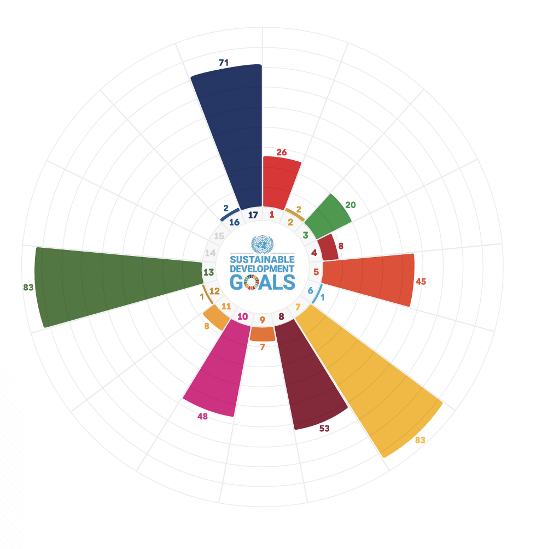
Driving Broader Sustainable Development:
Energy Compacts contribute significantly to multiple SDGs -
- SDG3 (Good Health and Well-being): Electrification of 5,842 health facilities, improving healthcare services for 14 million people.
- SDG5 (Gender Equality): Creation of 19,128 jobs for women and training of 43,219 women in green energy sectors.
- SDG8 (Decent Work and Economic Growth): Over 2.5 million green jobs created and 166,045 individuals trained in green skills.
- SDG17 (Partnerships for the Goals): 919 partnerships established and 2,565 events conducted to foster collaboration.
Energy Compact commitments
Energy Compacts are driving real impact across sectors and geographies. Key commitments include:
- Just Energy & Inclusive Transition: Launched under Brazil’s G20 Presidency, the JIET Compact brings together governments, multilateral institutions, and civil society to ensure clean energy transitions are equitable, affordable, and people-centered—grounded in 10 voluntary principles.
- Health Facility Electrification Compact: Electrification of 25,000 health facilities by 2025 through a multi-partner compact including USAID/Power Africa, Shell Foundation, SEforALL, UNICEF, and others.
- 24/7 Carbon-Free Energy Compact: Over 170 partners—from Google and Microsoft to governments like the USA and Kenya—are working to decarbonize power grids around the clock. See the full list of signatories here.
- National Energy Compacts: 35 countries—including India, Nigeria, Germany, Denmark, and the U.S—have submitted national Energy Compacts aligned with climate and energy goals.
- No New Coal: Sri Lanka, Germany, the UK, and others have committed to no new permits or construction for unabated coal.
- Green Hydrogen: 29 Compacts were submitted from across sectors, totalling 268 GW of new renewable energy capacity and 129 GW of new electrolyzer capacity by 2030.
- Clean Cooking: Led by the Netherlands and partners, their compact aims to deliver clean cooking for 45M people, renewable electricity for 100M, and double jobs for women and youth.
- Finance Mobilization: The U.S. committed $25B via Power Africa; while the Rockefeller and IKEA Foundations pledged $1B for distributed renewables.
- Private Sector Action: Under its compact commitment, Enel will triple renewables to 145 GW, phase out coal by 2027, and expand EV infrastructure by 2030.
For the latest updates, please see the Energy Compact Registry. All stakeholders are encouraged to develop and submit Energy Compacts at any time throughout the Decade of Action to achieve the SDGs, aligned to the 2030 Agenda and the Paris Agreement on climate change. To learn more about the Compacts submission process, click here.
Related content
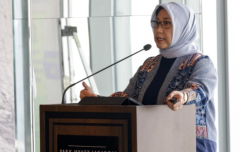
News
03 Jul 2025
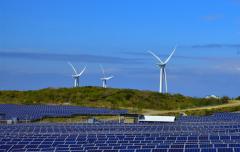
Press release
03 Nov 2021
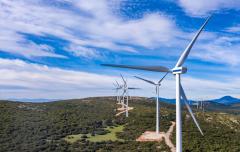
News
24 Aug 2021

News
01 Oct 2021
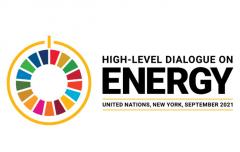
Event
24 Sep 2021

